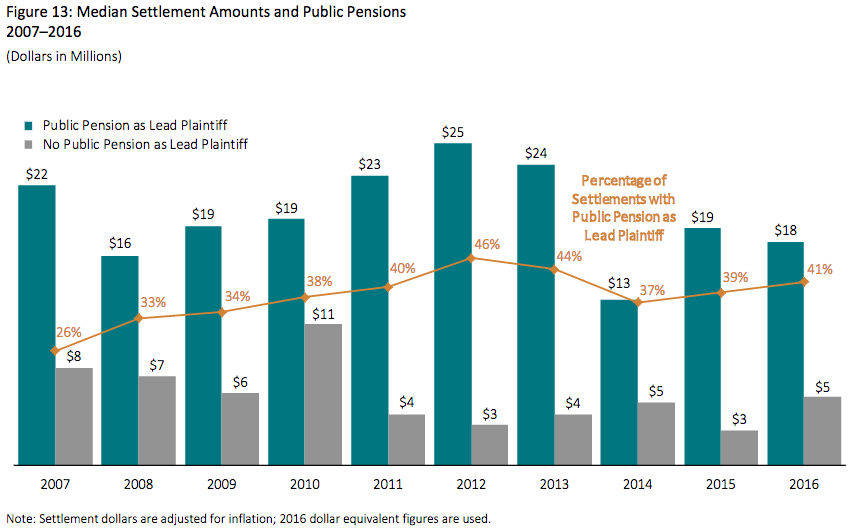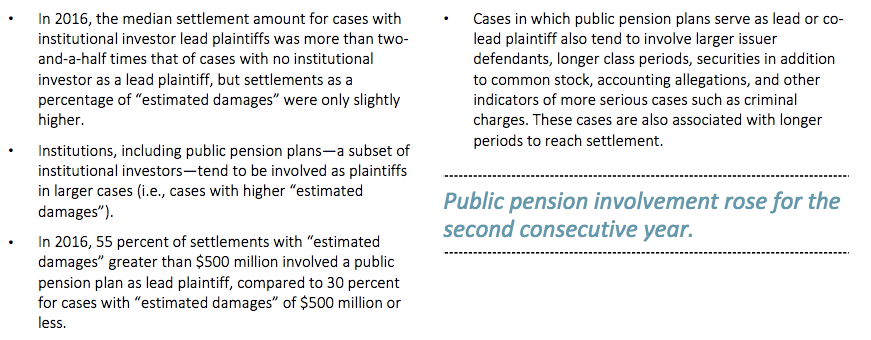Institutional investors will still be hunting for deals in Britain, even as its exit from the EU begins in earnest.
The Ontario Teachers’ Pension Plan is one such investor scouring the country for deals. The pension fund previously managed to shelter itself against Brexit by significantly hedging its exposure to the British Pound in the weeks before the vote.
Now, the fact that the exit is truly underway isn’t distracting the pension fund from its long-term focus. From the Financial Post:
“We’re not heading for the hills by any stretch of the imagination,” chief executive Ron Mock said at a media briefing Wednesday, shortly after news broke that Britain sent a letter to the European Union that marks a significant step in its move to exit the economic partnership.
The historic breakup has not led to any bargains so far, according to chief investment officer Bjarne Graven Larsen, who noted that while currency fluctuations can sometimes make assets look cheaper, “the pricing of assets in the UK continues to go up.”
Mock said there is likely to be a period of uncertainty, but added that the pension managers are hopeful about the longterm prospects for Britain and the European Union.
Ontario Teachers manages $176 billion (CAD) in assets.


